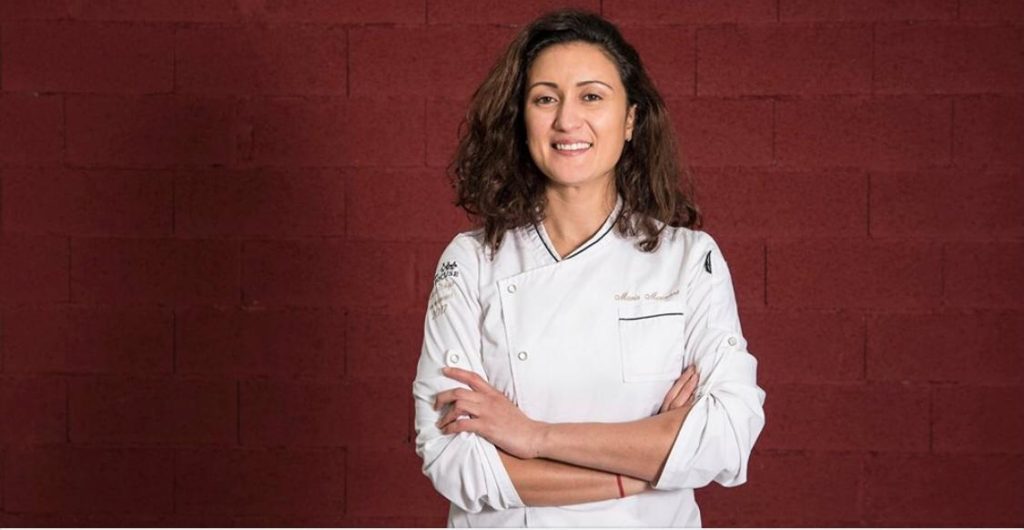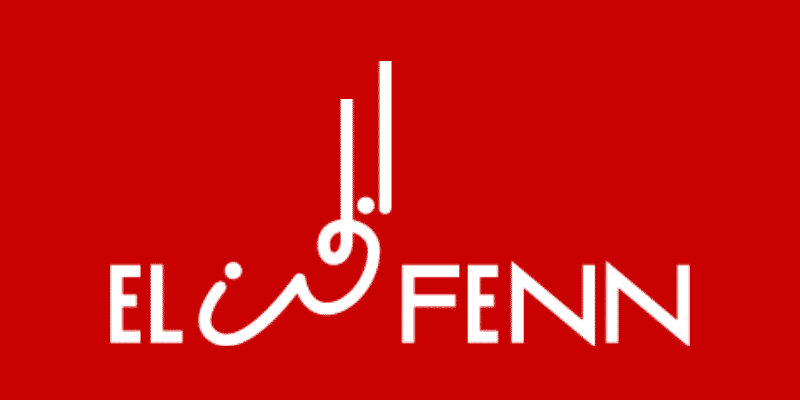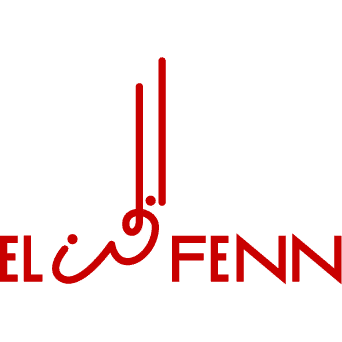
Meet The Young Chefs Putting Morocco on the Map
In the kitchens of Mouton Noir in Gueliz, Aniss Meski slices kohlrabi to pair with smoked salmon for lunch. Over in Hivernage, Maria Merouane slow cooks mutton in a rich ras el hanout sauce. Ask most people about Moroccan food and they’ll think of tagine and couscous. But now chefs from the Moroccan diaspora are returning home to reconnect to their roots – and creating arguably the most exciting food scene in North Africa.
For many years French cuisine dominated the city – with Moroccan restaurants serving up standard tourist fare. But in recent years, several key strands have combined to create a unique buzz in Marrakech’s food scene.
Take the global worldview of many young Moroccans thanks to social media and international study – before subtracting the high living, and business, costs that are hampering many of their counterparts in Europe and North America. And finally add the sense of entrepreneurial possibility that’s key to the DNA of so many Global South economies.
When all that’s layered with life being thrown into flux by a Covid pandemic, what do the new generation have to lose?

Aniss Meski, who was born and raised in Casablanca, lived in Canada for ten years before returning to Morocco last year and opening le Mouton Noir – a hybrid restaurant, takeaway and private catering venture.
‘I was seeing a lot of chefs on Instagram and could see that things were really moving,’ says Meski. ‘I said to myself that it was now or never.’
But instead of returning to his hometown, Meski decided on Marrakech.
‘For a small place, there are a lot of chefs here and it’s a really supportive community of people,’ he says.

Having trained in Montreal, Meski was used to creating international food with often Asian influences. He changes his menu weekly according to what’s available and dishes may include anything from shrimp popcorn to tuna sashimi. Initially however, Meski wondered if there would be a local market for this kind of food.
‘Some people told me Moroccans weren’t ready for this,’ he says. ‘But actually I’ve found that now people are traveling and have been exposed to other food cultures, they’re really open. I did kimchi for the first time a couple of weeks ago and clients really loved it.’
For other chefs, it’s all about reinterpreting their Moroccan food roots.

Maria Merouane, 35, grew up in Marrakech before going to university in France and working in IT for several years. She then decided to retrain as a chef and returned to Morocco in 2019 to launch La Table Nomade, doing pop-ups and private chef work for clients across Morocco.
‘My father is Amazigh, my mother is Arabic, and we spent the weekends when I was a child on family farms in the Atlas Mountains,’ she says. ‘My mother also wrote a book about Moroccan culture so it’s something I’ve always been interested in.
‘The history of Moroccan food is fascinating and I’m interested in rediscovering dishes that were once widely cooked but no longer are. One of the challenges is that our food takes time – preserving olives, clarifying butter and drying meat – so I look at ways to bring those old techniques into more modern food.’
Merouane reels off a list of dishes as she talks, including aaarich, a traditional Amazigh dish in which strips of mutton are barbecued over coals, and skhena – a Moroccan Jewish meal of meatballs made from beef shank, brisket, potatoes, chickpeas, eggs, sweet potatoes, rice or wheat that was traditionally prepared for Saturday lunch.

Well known chef Myriam Ettahri has been championing a modern approach to Moroccan food for a decade now.
After training in top French kitchens, she worked at Michelin starred restaurants in Dubai and Europe – including Heston Blumenthal’s The Fat Duck – before returning to Morocco in 2012. Two years later she became one of the country’s most recognizable food faces when she was chosen to judge Masterchef Morocco and now works as a restaurant consultant.
‘Food is very dear to Moroccan hearts,’ says Ettahri. ‘It’s part of our culture, we are proud of it and of course it’s intertwined with religion because every celebration is around food. All this means we are very aware of what we eat and what produce we use.
‘And we’re really lucky to have amazing produce here – from olive oil, to honey, saffron and spices. The job is made easy for us.’
Produce including soft fruits and green vegetables has two seasons in Morocco. Also, food doesn’t travel long distances by truck or by plane and there is a network of small local growers using little – if any – chemicals.
It means the chefs have top quality ingredients to work with. Add their passion to the mix, and the result is Marrakech’s thriving food scene.


